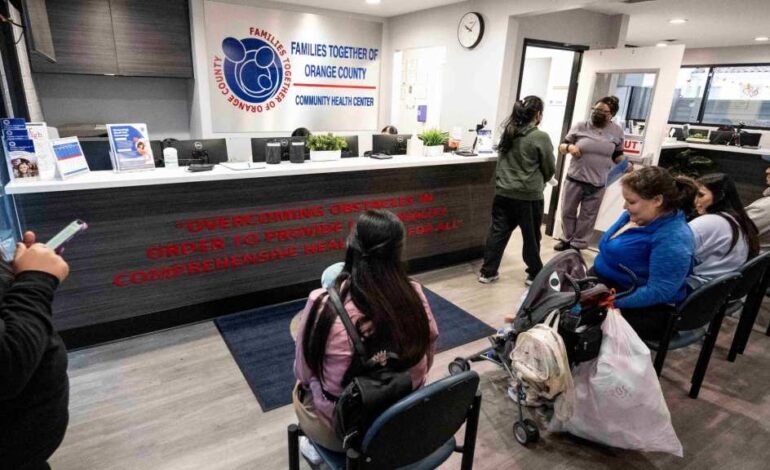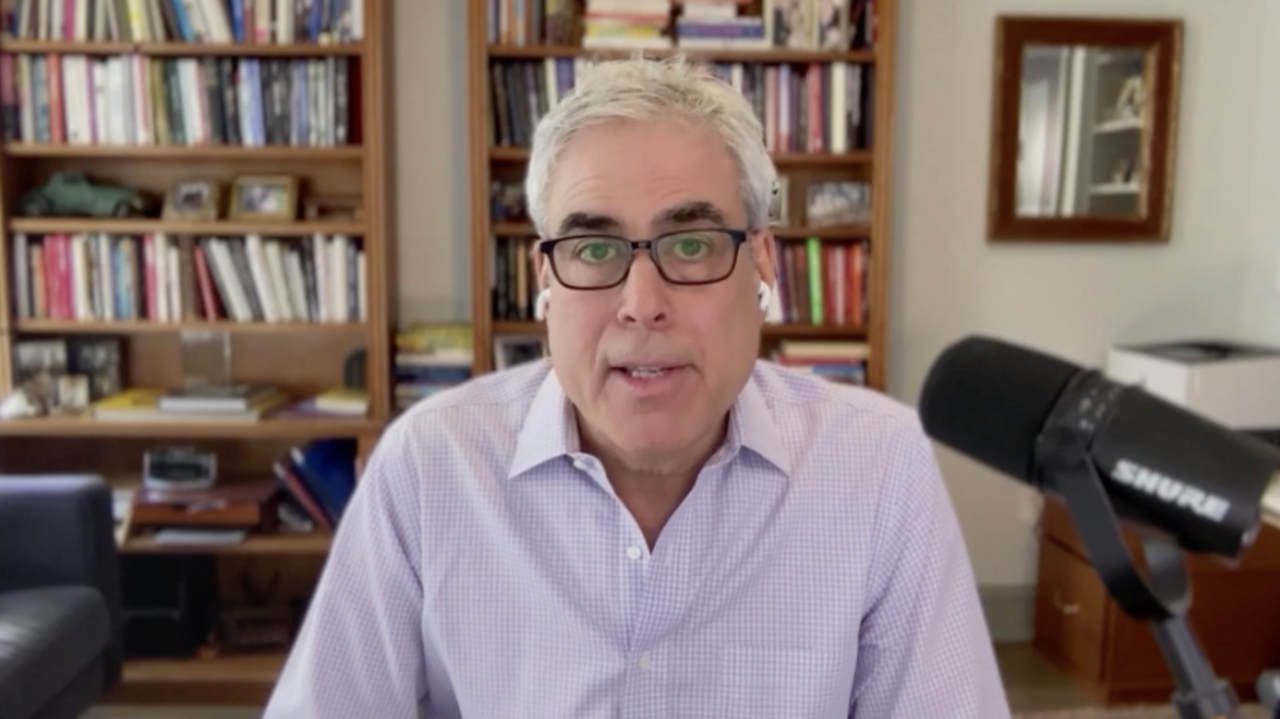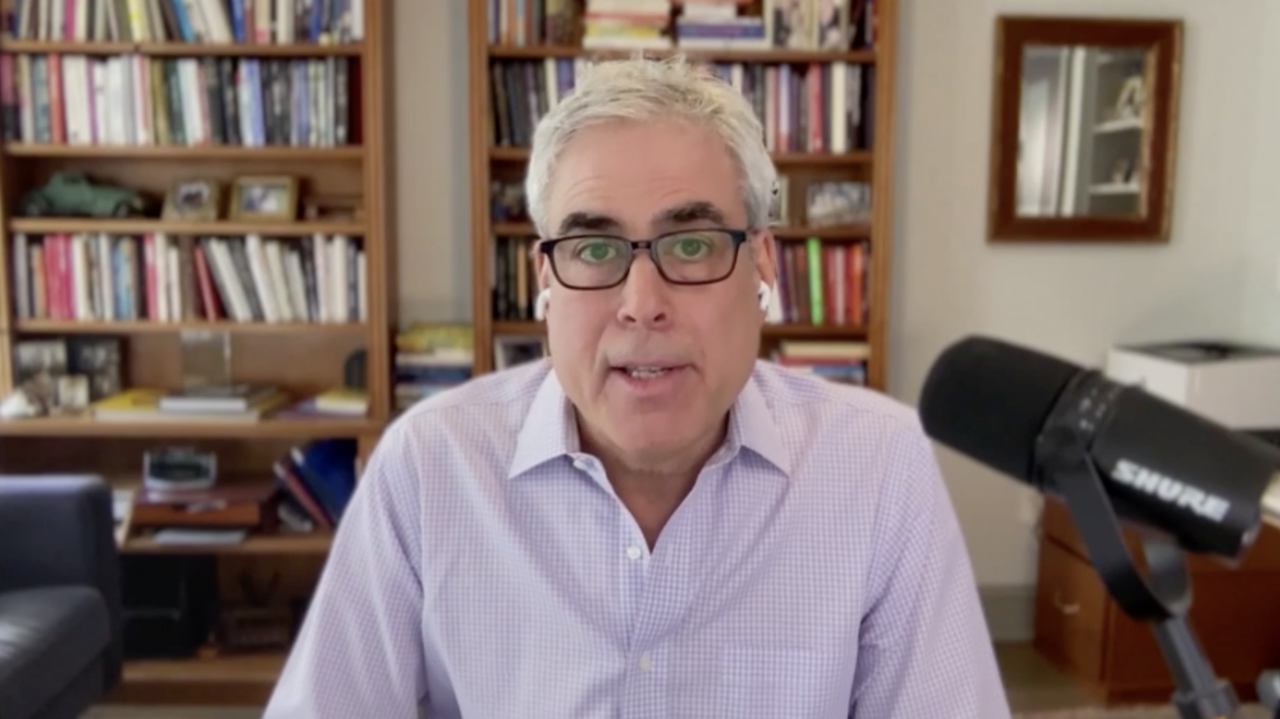Trump Signs Bill to Restructure California’s Medi-Cal Program

On July 4, 2023, President Donald Trump enacted the One Big Beautiful Bill Act (OBBBA), which aims to reshape Medicaid programs across the United States, including Medi-Cal in California. This legislation is projected to reduce enrollment in these programs, which advocates argue will ultimately benefit taxpayers and ensure that services are directed towards those who genuinely need them.
The recent expansion of Medi-Cal has allowed for significant coverage increases, especially for undocumented immigrants. Starting in 2024, California became the first state to permit undocumented individuals aged 26 to 49 to enroll in Medi-Cal. This change resulted in a substantial rise in Medi-Cal expenditures, with costs escalating from an anticipated $3.9 billion to approximately $8.5 billion annually for the coverage of around 1.6 million undocumented immigrants.
California lawmakers also removed asset limits for long-term care benefits, allowing wealthy seniors to access nursing home care without depleting their personal finances. The number of seniors enrolling in Medi-Cal surged from roughly 1,600 per month in late 2023 to a staggering 14,500 per month in early 2024, leading to an additional $700 million expense for the state’s General Fund in fiscal 2024-2025.
These expansions have placed a considerable burden on taxpayers across the country, as California has utilized aggressive “provider taxes” to fund Medi-Cal. In 2023, the state significantly increased its tax on insurers, from $55 per enrollee per month to $182.50, with further increases slated for the coming years. While these taxes are ostensibly a burden on insurers, they are effectively returned to the insurance companies through enhanced Medi-Cal payments, allowing California to draw an estimated $19 billion in federal matching funds through 2026.
Critics, including former Vice President Joe Biden and former President Barack Obama, have previously condemned such provider taxes as detrimental to the integrity of the Medicaid program. The OBBBA aims to curb these practices by freezing existing provider taxes and gradually lowering the allowable threshold for these taxes from 6% to 3.5%, aligning with recommendations made in President Obama’s fiscal 2013 budget.
With the implementation of the OBBBA, California’s budget is adjusting to align with the new regulations. As part of this reform, the state has frozen Medi-Cal enrollment for undocumented immigrants, introduced a $30 monthly premium for those aged 19 to 59, and eliminated dental benefits for this group.
In addition to these changes, the OBBBA mandates that states conduct semi-annual reviews of their Medicaid rolls, rather than the previous annual assessments. This move is designed to prevent billions in improper payments. Furthermore, the law introduces work requirements for able-bodied individuals up to age 64 who wish to maintain Medicaid coverage. These individuals must engage in at least 80 hours of work, volunteering, education, or job training each month, with exemptions for pregnant women, caregivers, and the disabled.
California Governor Gavin Newsom has criticized the reforms as “cruel,” arguing that they undermine essential healthcare access. However, proponents assert that ensuring eligibility and requiring work for taxpayer-funded healthcare is a sensible approach to managing resources effectively.
The One Big Beautiful Bill Act does not dismantle Medi-Cal but rather seeks to restore its foundational purpose, alleviating the burden on taxpayers while enforcing more stringent eligibility criteria. As California navigates these changes, it may prompt lawmakers to reconsider future expansion efforts for Medi-Cal.
Sally C. Pipes, President, CEO, and Thomas W. Smith Fellow in Health Care Policy at the Pacific Research Institute, emphasizes the necessity of these reforms in her analysis of the evolving healthcare landscape.






